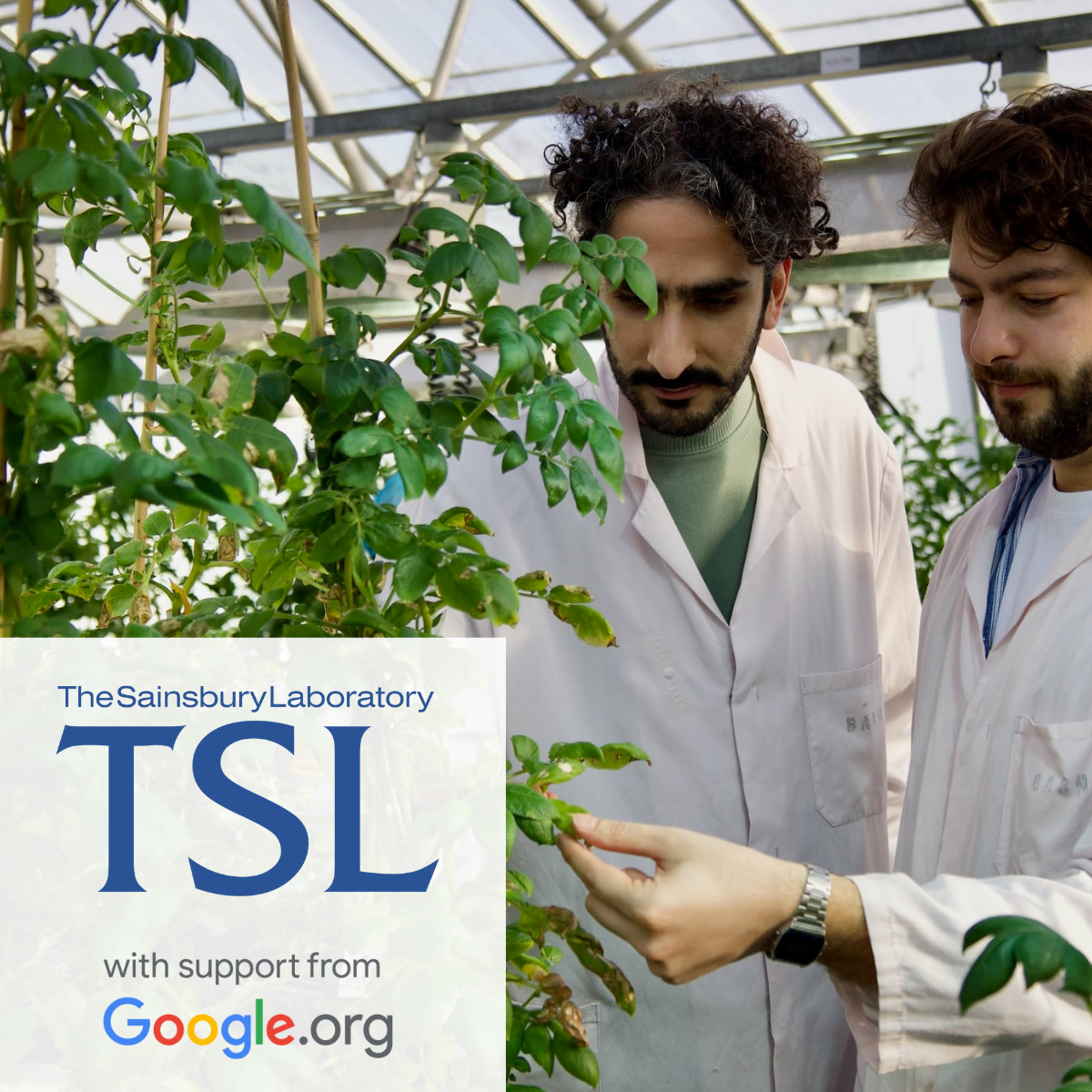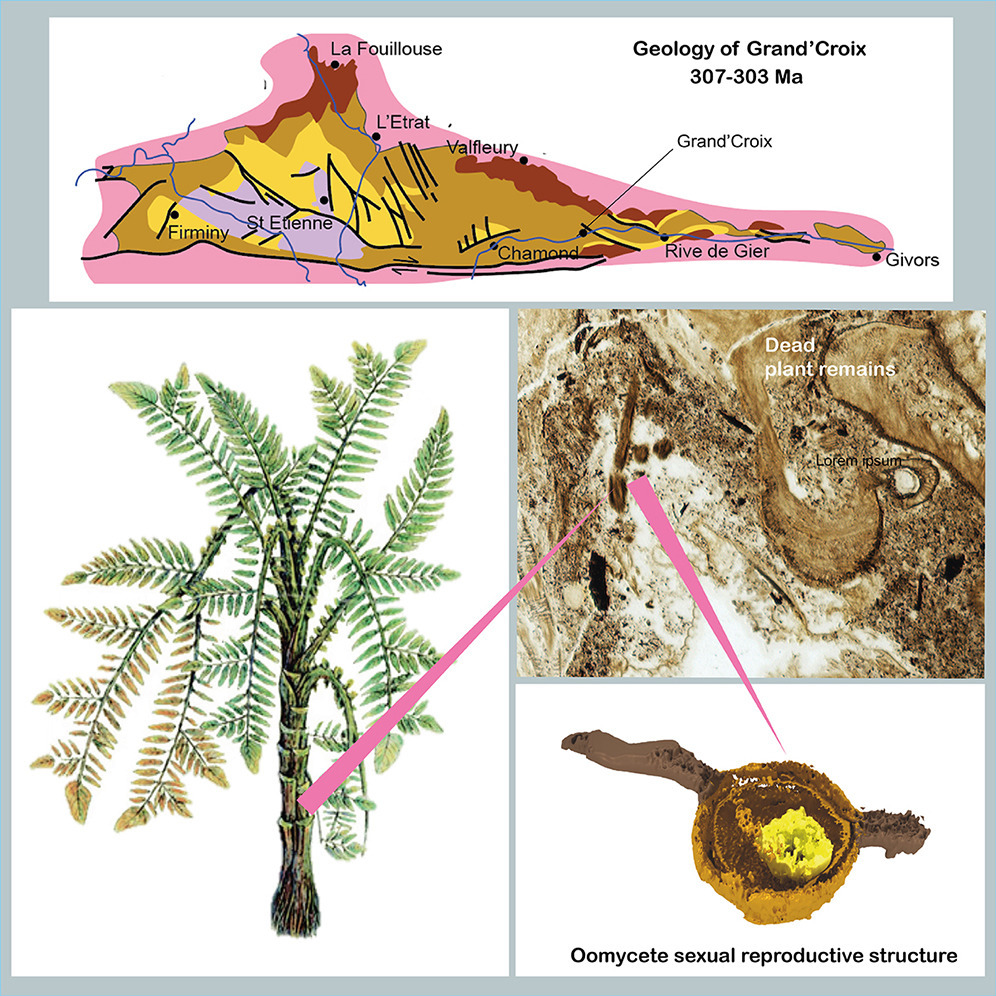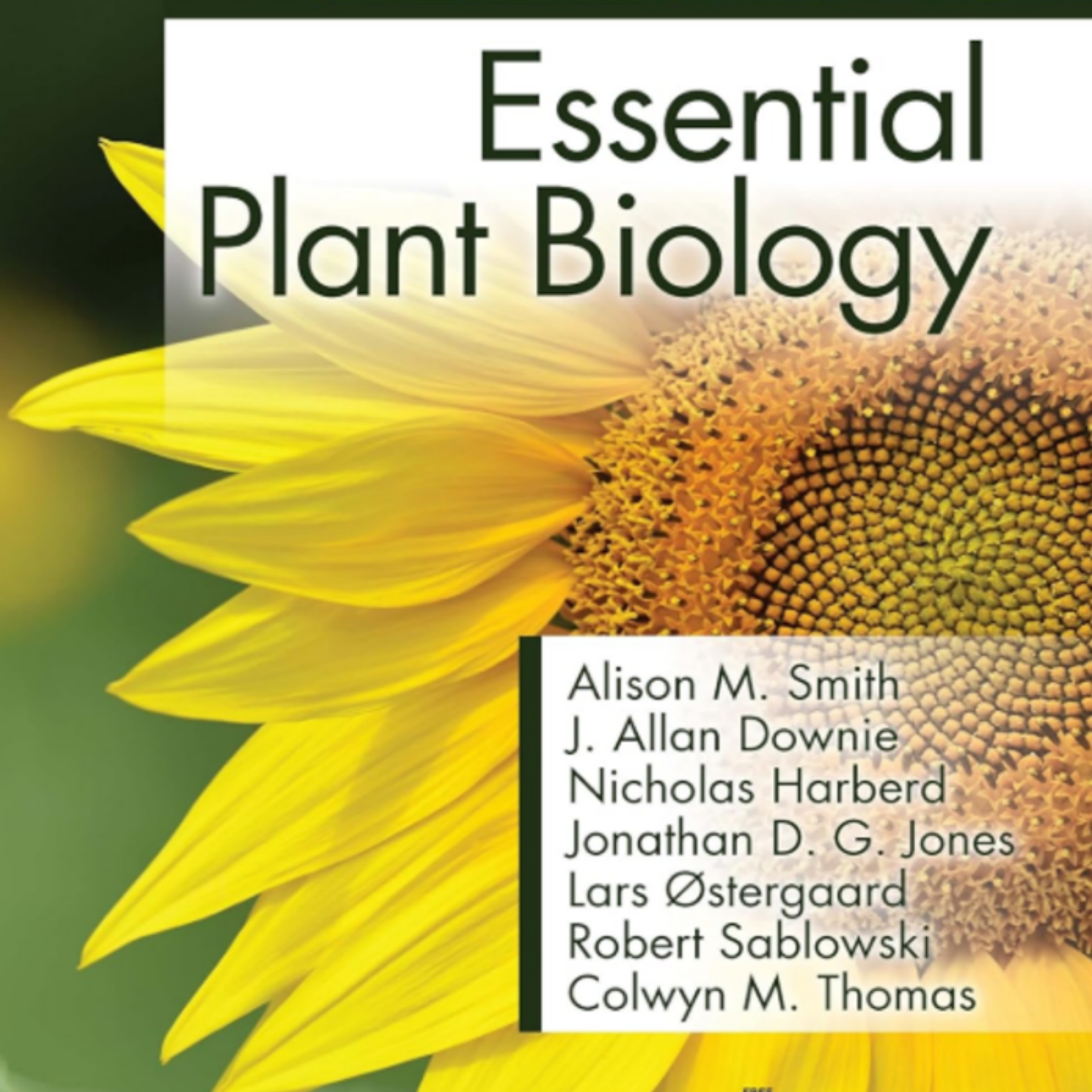Jonathan Jones becomes TSL's 2nd Wolf Prize Laureate
The Sainsbury Laboratory (TSL) is thrilled to celebrate the incredible achievement of Professor Jonathan Jones, who has been selected as a 2025 Wolf Prize Laureate in Agriculture along with Professors Jeffery L. Dangl and Brian J. Staskawicz "for groundbreaking discoveries of the immune system and disease resistance in plants."

"The Sainsbury Lab on the Norwich Research Park has been a fantastic location for a research career. Many thanks to my wonderful colleagues at TSL, our greater research community, and our many outstanding advisory board members (two of whom are my cohonorees) that have enabled TSL to become an incredible engine of discovery.” - Professor Jonathan Jones
TSL Executive Director, Professor Nick Talbot:
“Crop diseases claim up to 30% of the global harvest each year and controlling them sustainably is critical for food security. The Wolf Prize in Agriculture 2025 recognizes the contributions of three exceptional scientists whose work has been critical to our understanding of plant immunity. We now have the knowledge to develop durably disease resistant crops, which will be of huge benefit to humankind.
I am very proud that work at The Sainsbury Laboratory by Professor Jonathan Jones has been recognised in this way. Our institution has now won the equivalent of the Nobel Prize for agriculture twice in its 35 year lifetime, which is an extraordinary achievement.
I am also pleased that Professor Brian Staskawicz and Professor Jeff Dangl, who have served on our advisory board, have also been recognised for their outstanding contributions.”
-----
This marks the ninth Wolf Prize in Agriculture awarded to a scientist in the UK of which the last three were consecutively awarded to scientists based on their work at Norwich Research Park.
In 2010, Sir David Baulcombe - one of TSL's first senior scientists - was awarded the Wolf Prize in Agriculture “for pioneering discovery of gene regulation by small inhibitory RNA molecules in plants."
In 2020, Dame Caroline Dean from the John Innes Centre was awarded for “for pioneering discoveries in flowering time control and epigenetic basis of vernalization.”
Jonathan Jones on Receiving the Wolf Prize:
“It’s wonderful to see this recognition of the importance of understanding the basic mechanisms that underpin plant disease resistance; without that knowledge, we will not be able to establish durable disease resistance in our crops.
I’ve been very lucky to have received sustained funding from David Sainsbury’s Gatsby Foundation over more than three decades, and from BBSRC and the EU, and to have had the privilege of working with an outstanding diversity of international talent whose brilliance, dedication and hard work underpinned the discoveries that this Wolf prize recognizes.
The Sainsbury Lab on the Norwich Research Park has been a fantastic location for a research career. Many thanks to my wonderful colleagues at TSL, our greater research community, and our many outstanding advisory board members (two of whom are my cohonorees) that have enabled TSL to become an incredible engine of discovery.”
The Joint Impact of Jones, Dangl, and Staskawicz
As summarised by Wolf Prize Agricultural Jury Committee:
Plants are susceptible to various pathogens including fungi, viruses, and bacteria. This can lead to significant yield losses and threaten the food supply. For years it was recognized that individuals within the same plant species exhibit varying resistance levels due to dominant alleles at resistance genes. The “gene-for-gene” hypothesis suggests these genes interact with pathogen avirulence-gene products. However, the nature and function of these plant disease resistance genes remained unknown.
Much of our current knowledge of the plant immune system stems from the groundbreaking discoveries made by Jeffrey Dangl, Jonathan Jones, and Brian Staskawicz. Staskawicz identified the first bacterial effector gene, providing crucial molecular evidence supporting the "gene-for-gene" theory. This discovery, alongside parallel work by Jones and Dangl, opened up the field of plant immunity.
Staskawicz also discovered the first bacterial transcription activator-like effector, which influences host transcription of defense-related genes. Jones’s and Dangl's were the first to clone plant resistance genes, revealing them as eukaryotic cell surface immune receptors. They further uncovered mechanisms by which they are activated through the perception of effector proteins secreted by plant pathogens.
Jones' discovery of additional immune receptors, including intracellular nucleotide-binding leucine-rich repeat proteins, alongside those identified by Dangl and Staskawicz, helped illuminate how these receptors are activated upon pathogen detection, and revealed the downstream signaling pathways.

A landmark 2006 Nature review by Dangl and Jones, which provided a detailed, now textbook model of plant-pathogen interactions, and a more recent Jones, Dangl, and Staskawicz publication in Cell summarized fifty years of discoveries in plant immunity. Their contributions significantly shaped our current understanding of the field, leading to targeted strategies to enhance resistance and to control a broad spectrum of plant diseases.
About the Wolf Prize
The Wolf Prize is awarded annually to exceptional individuals across scientific and artistic disciplines. In science, the prize is awarded in Medicine, Agriculture, Mathematics, Chemistry, and Physics. Now in its 46th year, the Wolf Prize has recognized 382 scientists and artists worldwide for their transformative contributions.
Website: www.wolffund.org.il
About The Sainsbury Laboratory
The Sainsbury Laboratory is an independent research institute that focuses on plant health for a sustainable future. It makes fundamental scientific discoveries in molecular plant-microbe interactions and applies these to reduce crop losses caused by plant diseases, particularly in low-income countries. Around one hundred and twenty staff and students work and study at the Laboratory which is located on the Norwich Research Park, United Kingdom. The Laboratory is generously supported by the Gatsby Charitable Foundation and by the University of East Anglia, wins competitive grants from the BBSRC, ERC and other research grant funding bodies and, for some research programmes, is funded by commercial companies. Established in 1987, highlights of The Sainsbury Laboratory include: discovery of RNA interference in plants by Prof. Sir David Baulcombe FRS as recognised by the Lasker Award and the Wolf Prize in Agriculture, discovery of the first immune receptor in plants by Prof. Jonathan Jones FRS, three current Group Leaders are Fellows of the Royal Society, four Group Leaders have won multiple prestigious European Research Council grants and five researchers have been on the Highly Cited Researchers list of top 1% scientists in the world since 2018.


